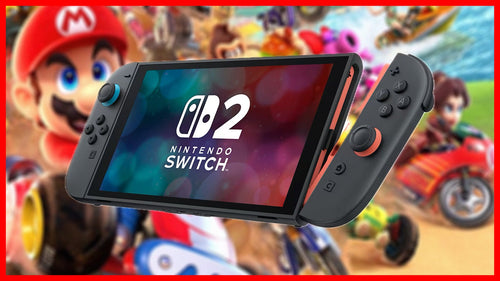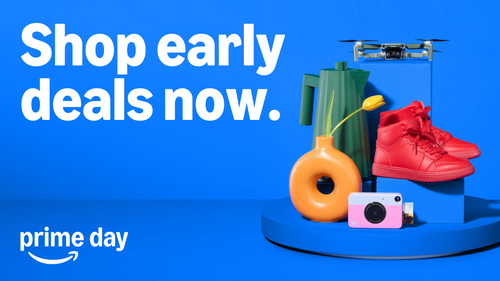The Evolution of Mobile Applications

In our modern lives, it's second nature to unlock our smartphones, tap on an app, and effortlessly accomplish a myriad of tasks. However, the evolution of the applications we rely on today has been a fascinating journey spanning several decades.
Originating as basic productivity tools, these apps have gradually supplanted traditional items like notepads and calculators, extending their influence to encompass diverse realms, including gaming platforms. Presently, the capabilities of mobile apps seem boundless, allowing users to realize virtually any imaginable task directly from their handheld devices.
This overview delves briefly into the history of mobile applications, tracing their origins, charting their meteoric rise in popularity, and contemplating the intriguing possibilities that lie ahead.
Pioneering Pdas
Before the era of smartphones, personal digital assistants (PDAs) paved the way for handheld computing. Notably, in 1993, IBM introduced 'The Simon,' considered the world's first smartphone, equipped with essential productivity apps. Blackberry followed, introducing new functionalities such as ringtone creators and to-do lists, and even pioneering push notifications.
The First-ever Mobile Phone App
The introduction of Nokia's 'Snake' arcade game in 1997 marked a significant turning point. 'Snake' is widely regarded as the first mobile app, setting the stage for the gaming-centric landscape that continues to dominate app downloads.
Rise of Chat Apps
The desire for more efficient communication led to the rise of chat apps. IRC, ICQ, AOL's AIM, Yahoo, and Facebook Messenger laid the groundwork, with their successors—WhatsApp, Viber, and Line—now dominating the chat app market.
Apple's App Store
Steve Jobs envisioned an online store for software as early as 1983, but it wasn't until 2008 that the App Store was launched. Google, Amazon, and Blackberry followed suit, with Google Play emerging as the largest app marketplace, boasting over 3 million options.
Social Media App Explosion
As smartphones became ingrained in daily life, social media giants like Facebook and MySpace introduced mobile apps in the early 2010s. Today, TikTok, Instagram, and Facebook reign as the most downloaded apps, underscoring the significance of social media in the app landscape.
App Categories and Trends
Games consistently top annual downloads, comprising over 21% of the market. Business apps gained prominence during the pandemic, with meeting and cloud storage apps leading the way. Education and lifestyle apps also have a substantial share, catering to diverse needs.
There’s an App for That
In the present landscape, there's an app for virtually every conceivable need. However, with the multitude of options, comparison sites play a crucial role in helping users make informed decisions. Whether it's gaming, video streaming, or travel planning, these platforms offer insights into the best choices.
The Future Unfolding
The app ecosystem shows no signs of stagnation, with Google Play releasing around 1,828 new apps daily. Looking ahead, technology-based apps, driven by advancements in 5G, AI, and the metaverse, are poised to redefine the app landscape in the second half of the 2020s. The continual collaboration between developers and innovators ensures a constant influx of novel apps, making the future of mobile apps an exciting prospect.




